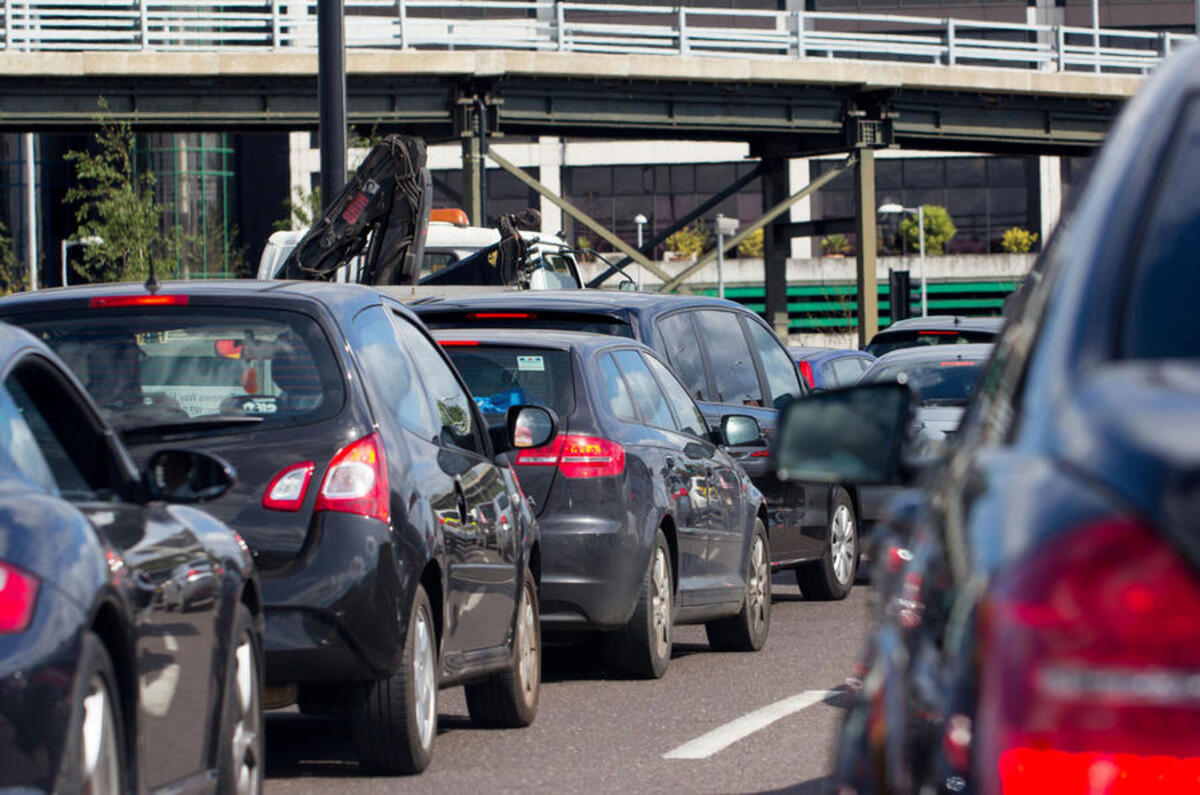The UK Government has introduced a tax hike on new diesel cars in its Autumn Budget, as part of plans to reduce air pollution.
Chancellor Philip Hammond confirmed that diesel cars sold from April 1 2018 onwards will be pushed up a tax band unless they conform to next-generation Real Driving Emissions step 2 standards, which won't become a legal requirement until 2020. The company car tax rate for new diesel cars that don't comply to the RDE type 2 rules will be increased from 3% to 4%. Hammond had previously pledged to give at least three years of notice before changing company car tax rates.
The tax band increases and company car rate changes won't apply to diesel vehicles currently on the road. Those cars will remain in their current tax bands.
Opinion: The government is wrong to penalise diesel drivers
The new RDE tests measure the pollution levels of car on the road, as opposed to in a laboratory as in the old NEDC testing system, and run alongside the lab-based Worldwide Harmonised Light Vehicle Test Procedue (WLTP). The on-road RDE tests will be used to validate the results of the WLTP exams, with two steps set for how close the results of the two tests must be aligned on emissions output.
The new emissions tests are broader in scope than the older NEDC tests, and include a big focus on NOx emissions. The second step, which the government is using as the basis for its tax hike, gives cars a 'conformity factor' of 50%. To ensure cars meet this conformity level, they will have to ensure cars fall well below the currently allowed NOx limits.
The process is more stringent than the old lab-based NEDC (New European Driving Cycle) system. Current diesel cars are only required by European law to conform to RDE step 1 standards, meaning the Budget's requirement for step 2 could affect even the very latest models. This essentially means the government will begin penalising models that don't conform to a 2020 regulation from April 2018.
Opinion: Diesel is dying - get over it
The UK's Society of Motor Manufacturers and Traders boss Mike Hawes believes this is unfair, stating: "It's unrealistic to think that we can fast-track the introduction of the next generation of clean diesel technology which takes years to develop, in just four months. This budget will also do nothing to remove the oldest, most polluting vehicles from our roads in the coming years.”
The new diesel tax hike, which Hammond said applies exclusively to cars, leaving van and lorry drivers unaffected, forms part of the government’s plans to fight Britain’s growing air quality problem, of which it labels diesel pollution a major contributor.





Join the debate
Add your comment
Buyers market
If the current sales trend for diesels continues, this should prove to be a boon for private buyers of new diesel cars. Why? Well, I'm guessing that the manufacturers still need to clear the cars being produced in their factories, so as sales slow, the bargains will rise. The government will take their slice in increased tax and the manufacturers will have to swallow the loss. If you can't get 10-15% of the list price of a new diesel, you're really not trying. Autocar, if it's doing its job properly, should start tracking, and informing their readers, of the bargains out there.
ScaMMing Turds
Mike Hawes is a lying, two-faced arse. The SMMT do not care about emissions, they do not car about pollution, nor air quality. They do not care whether motorists are receiving value for money or are spending unnecessarily. All the SMMT care about is selling more new cars, hence Hawes keeps banging on about getting older cars off the road. If somebody suggested that all cars should be sent through the crusher the day after their second birthday, Hawes would be all in favour of it, because he is a wanker. The SMMT should be boiled.
What we need is the exact opposite of what the SMMT wants. Cars' lives must be extended as much as possible. Longevity is everything when it comes to the environmental sustainability of motoring, because preserving resources is the key consideration with which we must deal, not pollution. The throwaway culture is getting out of hand in many areas of modern life, but in terms of cars in particular, which demand more resources than most products, it is utterly critical.
I blame Cummins and Alfa...
If there hadn't been a common rail diesel engine, they wouldn't have proved nearly so popular, no matter what the tax break was...